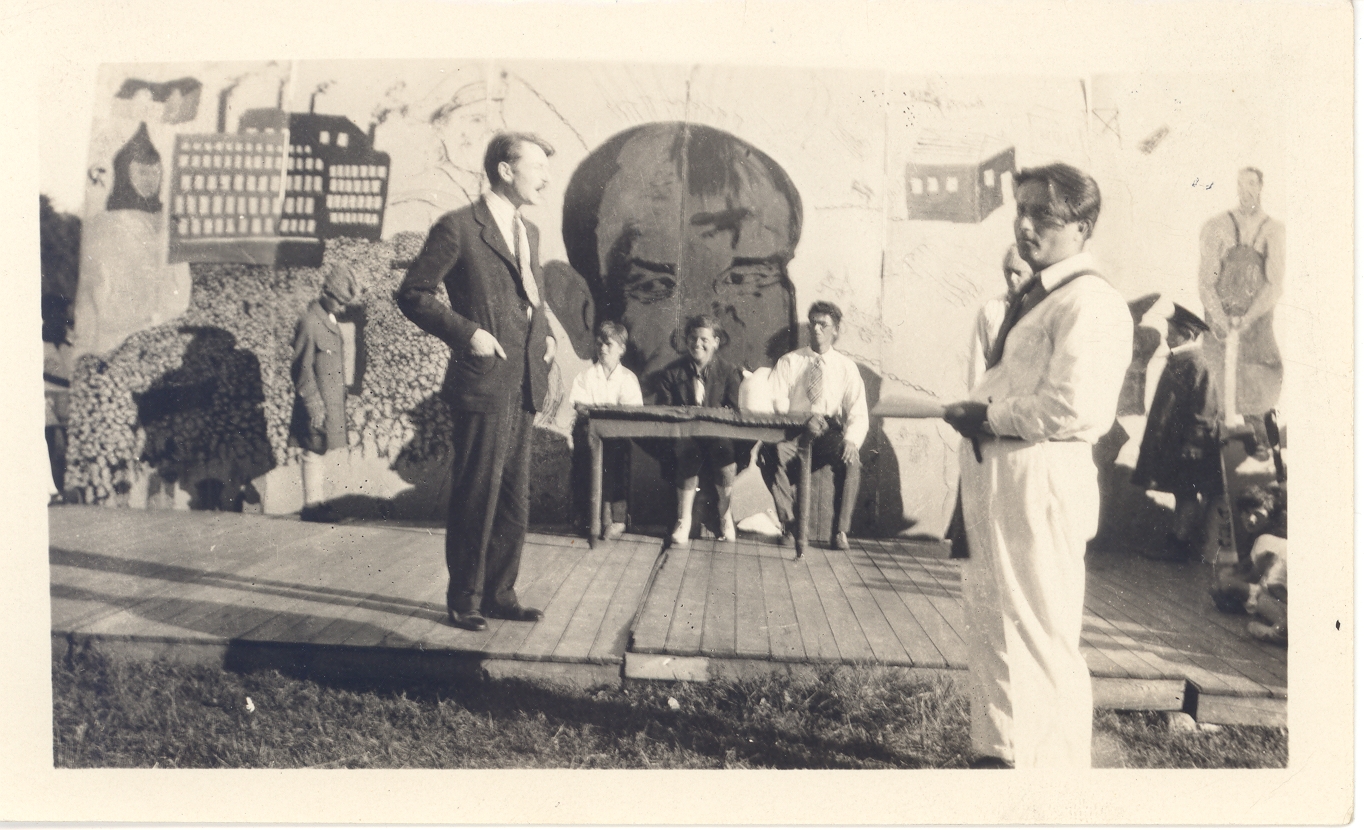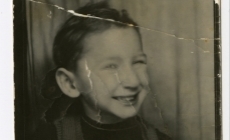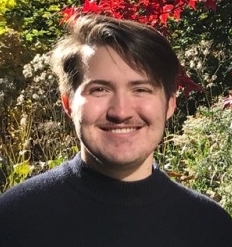By Bronwyn Cragg
Entering my final year as an undergraduate, I have hit the inevitable crossroads: what should I be doing with the rest of my life? For the past four years, I have been studying at the University of Toronto. I had originally majored in history–I had a dream in high school of becoming a Holocaust researcher–but over time my interests expanded, and I found myself switching to Jewish studies. Minoring in art history and German studies, my skillset and interests have drawn me to two options: continuing in academia or becoming an archivist. Thus, the OJA felt like a natural choice: here I could get a feel for the field while still engaged in subjects that I’m interested in.
I had initially sent in a request to volunteer sometime in 2018 but was encouraged to email back the following summer. Still excited about the idea of volunteering, I emailed back the following year and was asked to come in around August to get a feel for what I would be working on. For the past month, I have been getting a taste of a whole slew of archival work: At first, I was tasked with creating posts for the OJA’s social media accounts, and for the first two weeks I worked on sorting through and scanning items relating to Camp Yungvelt, a Yiddish summer camp established in 1925 that was once nestled in the woodland of Pickering.
 By the next day I had moved onto the J. B. Salsberg fonds, which provided both a fascinating and intimate look at the history of Communist politics in Toronto, alongside a healthy amount of mid-century graphics. On my supervisor Faye’s suggestion, I even completed a weeks’ worth of posts about the history of Jewish cinema in Ontario, the archives hosting a decent collection of photographs of the glitzy art deco architecture of twentieth-century theatres.
By the next day I had moved onto the J. B. Salsberg fonds, which provided both a fascinating and intimate look at the history of Communist politics in Toronto, alongside a healthy amount of mid-century graphics. On my supervisor Faye’s suggestion, I even completed a weeks’ worth of posts about the history of Jewish cinema in Ontario, the archives hosting a decent collection of photographs of the glitzy art deco architecture of twentieth-century theatres.
With newly-acquired experience in scanning and filing items, I then began to process accessions. Though perhaps one of the more tedious parts of working at the OJA, I had fun sorting through boxes, figuring out how to best organize items, and finding a way to enter details in the system that would make the files easily accessible to researchers. Our acquisitions from Canadian Young Judaea provided a glimpse into the history of Zionist movements in Canada and even youth aliyah, and my interest in the Yiddish language led me to a number of related boxes, including the archives of the Toronto-based Friends of Yiddish, for which I organized photographs, flyers, and administrative records. I was also able to work on several family archives and was even able to flex my language skills by translating letters, documents, and photograph captions from Yiddish, German, and Polish. (I thought Yiddish handwriting could be a stress to decipher, but 1920s Polish handwriting was something else!)

“A series of photographs that particularly stuck with me: Photobooth pictures of Jerry Glass, age 5, in 1943. ”- Bronwyn Cragg
One of the more personally-rewarding aspects of working at the Ontario Jewish Archives has been sifting through family photo albums. Quaint, tender, and at times heart-bursting, piecing together family stories through photographs and scraps was, to me, one of the most compelling parts of the job. I have experienced my fair share of listening to others’ family stories and poking around photographs and files. But as a student whose focus has been Holocaust studies, I’ve barely had the chance to consume average, candid, slice-of-life narratives. To discover individual histories of immigration, failures and successes, family growth, and Jewish contributions to Ontario culture was immensely satisfying, even if it did mean that I had to sort past the occasional illegible postcard or utilities bill.
Though I feel like my time at the Ontario Jewish Archives was much too short, it has certainly cemented my desire to go into archival- or research-based work. This August I was able to use a whole host of my skills–from languages to administrative skills, to knowledge of Jewish history and making use of my art history-trained eyes–but there was never any point where I felt tapped out or bored. My time at the OJA has helped me to expand my interests to (perhaps ironically) a local scale. And though I still feel the panic of having eight months to figure out the rest of my life and career, I now know that I can make an informed decision and that archival work is a fulfilling and exciting choice. I look forward to potential future involvement with the archives, whether that be continuing my volunteer work or using it as the vast and rich research resource that it is.
 Bronwyn Cragg is a fourth year undergraduate student of Jewish studies, German, and art history at the University of Toronto. His present research interests include fascism and the Holocaust in WWII Romania, and he has recently written works on art, aesthetics, and nation building in Mandatory Palestine. Bronwyn is currently studying Yiddish and seeks to continue his studies through translation, original research, and archival work.
Bronwyn Cragg is a fourth year undergraduate student of Jewish studies, German, and art history at the University of Toronto. His present research interests include fascism and the Holocaust in WWII Romania, and he has recently written works on art, aesthetics, and nation building in Mandatory Palestine. Bronwyn is currently studying Yiddish and seeks to continue his studies through translation, original research, and archival work.